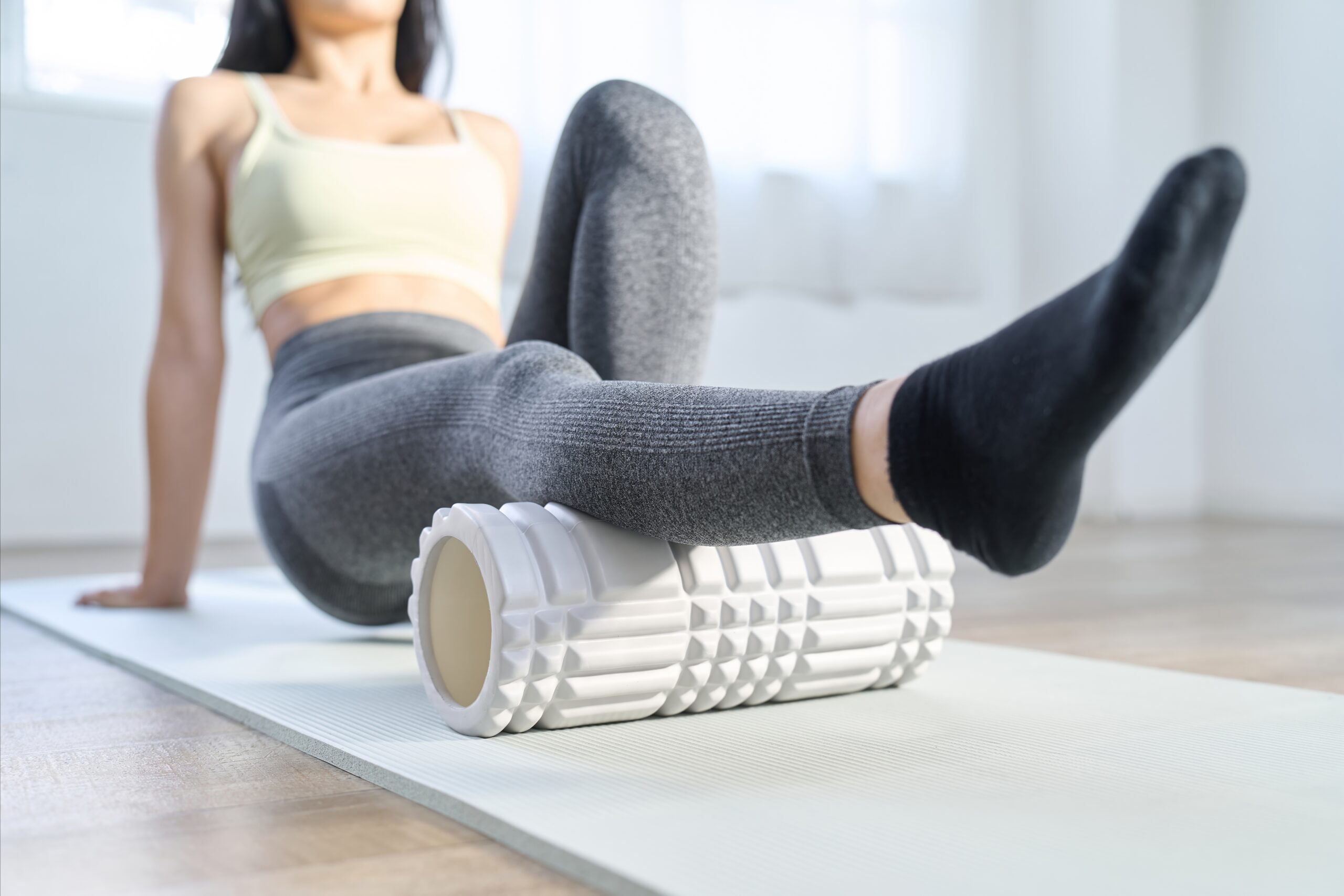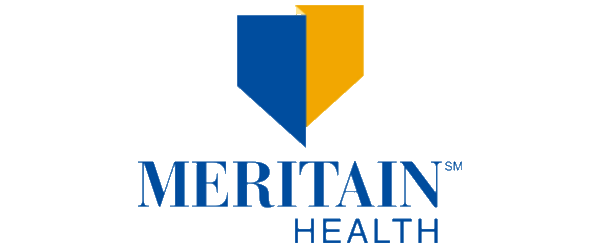Have you ever had a sharp and sudden pain that stops you in your tracks? These are known as muscle cramps. They affect all the major areas, from the abdomen to your thighs.
Often these are linked to dehydration and fatigue, but there are other triggers. Understanding these factors can help prevent potentially more serious problems like leg swelling.
In this article, we’ll explain muscle cramps and share simple treatments and prevention tips that can help you from cramping up.
What Are Muscle Cramps?
Muscle cramps happen when one or more muscles contract suddenly and intensely. These contractions are involuntary and don’t relax right away.
Cramps mostly affect skeletal muscles, and they can involve part of a muscle, an entire muscle, or even a group of muscles. Often called “charley horse,” they commonly occur in the lower leg or front knee, but any muscle can be affected.
Muscle cramps don’t only occur after physical activities; they can also happen at night. These leg cramps at night, also known as nocturnal leg cramps, are linked to muscle fatigue during the day.
When the body is at rest, strained muscles can become tight and spasm.
Anatomy of a Muscle Cramp and Why It Happens
Muscle cramps occur when muscle fibers tighten up strongly and won’t relax. The small units inside the muscle, called sarcomeres, are responsible for this process.
Overactive nerve signals cause the muscle to keep contracting without stopping. Calcium, which helps muscles tighten, is released into the muscle cells but doesn’t return to its storage area.
Without enough adenosine triphosphate (the molecule that serves as energy for cells) to help the muscle relax, these tightened fibers stay locked in place, causing cramps.
Physical Exertion and Muscle Fatigue
Muscle cramps often result from physical overexertion or fatigue. This happens more frequently when you don’t stretch your muscles properly.
Without stretching, muscle fibers aren’t ready for movement and become tense. This tension increases the chance of cramping during activity.
Repeated muscle strain puts athletes and people doing intense physical tasks at higher risk factors.
Dehydration and Electrolyte Imbalance
Dehydration is a common cause of muscle cramps. It reduces the fluid muscles need to work properly. Low potassium or sodium levels can also disrupt muscle contraction.
These minerals are crucial for nerve signals and muscle movement. Without them, painful spasms are more likely.
Staying hydrated and keeping your electrolytes balanced is essential, especially in hot or active conditions.
Circulatory Issues and Nerve Damage
Poor circulation limits blood flow to muscles, cutting off oxygen and nutrients they need. This can cause painful cramps, especially in the legs during minimal activity.
Nerve compression, like in spinal stenosis, can also disrupt signals and trigger cramps. Chronic issues such as high blood pressure also increase the risk of cramps over time.
How to Relieve and Avoid Muscle Cramps
Muscle cramps can hit out of nowhere and leave you in pain. You can prevent and manage them with a few simple steps. With the right habits, you can keep those spasms from coming back.
Stretching and Physical Conditioning
Regular stretching exercises can significantly prevent and ease muscle cramps. Gently extending the affected muscle helps reduce tension and stops muscle spasms.
Add physical conditioning exercises like yoga or calisthenics to your daily routine. These help strengthen the muscles, reducing the risk of cramping under stress.
Additionally, a well-placed massage is beneficial as it can help promote better blood circulation and reduce chemicals such as cortisol that lessen stress and relax the muscles.
Hydration and Electrolyte Balance
Staying hydrated is one of the easiest ways to prevent muscle cramps. Drink plenty of water daily, especially if you’re active or in the heat.
Electrolytes like potassium, magnesium, and sodium are also crucial for muscle functions. Foods like bananas, avocados, and leafy greens naturally provide these nutrients.
After intense exercise, drink fluids rich in electrolytes to replace lost minerals.
Avoid Overexertion
Overexerting yourself can strain muscles, making them more prone to cramping. To avoid this, pace yourself during activities like exercise or sports.
Take short breaks to allow your muscles to recover and prevent muscle fatigue. Gradual increases in intensity over time can help condition your muscles, reducing the likelihood of cramps while maintaining physical performance.
Apply Heat or Cold for Relief
Apply a heating pad or warm towel to the cramping muscle and improve blood flow. For sharp, sudden cramps, an ice pack can numb the affected muscle and reduce any inflammation.
Alternate between heat and cold depending on the severity of the cramp and your level of discomfort.
Preventive Services
If muscle cramps are frequent or severe, professional care might be needed. Wellness and Pain offers treatments to address both the symptoms and root causes.
IV hydration replenishes key nutrients like magnesium and calcium to support the muscle groups. Acupuncture can also improve blood circulation and is proven to prevent leg cramps and pinched nerves.
In chronic cases, more advanced options such as vessel ablation and sclerotherapy can significantly offer long-lasting relief by addressing the root cause, which is problematic blood vessels that cause muscle cramps.
Signs Indicating a Need for Medical Care
Severe or persistent cramps that don’t improve with remedies may indicate a deeper issue. If the muscle cramps come with muscle weakness, numbness, or tingling, they could signal an underlying condition.
Patients with a medical history of kidney disease, thyroid issues, or multiple sclerosis are at higher risk. These individuals should monitor symptoms closely. Cramps occurring all over the body may suggest an imbalance of the spinal cord.
Significant pain during cramps could point to systemic health problems. It’s important to seek medical advice if these signs appear.
Let Wellness and Pain Treat Your Muscle Cramps
Our specialized procedures focus on addressing the root causes of muscle cramping, and we aim to prevent recurring pain and improve overall muscle health.
Our team of experienced physicians and practitioners is dedicated to delivering expert care in pain management and wellness.
To learn more about how we can help relieve your muscle cramps, contact us at (844)-588-3732 or fill out our online form. Take the first step toward lasting relief and enhanced wellness with Wellness and Pain.
FAQs About Muscle Cramps
What is your body lacking when you have severe leg cramps?
Severe leg cramps often indicate low potassium, magnesium, or calcium. Staying hydrated and replenishing these minerals can help.
What is the best vitamin for leg cramps?
Vitamin B12 and magnesium support muscle health and reduce cramping in the leg muscles.
What is the main cause of a muscle spasm?
Muscle spasms are typically due to fatigue, dehydration, or electrolyte imbalances. Proper hydration, nutrition, and stretching can prevent them.











